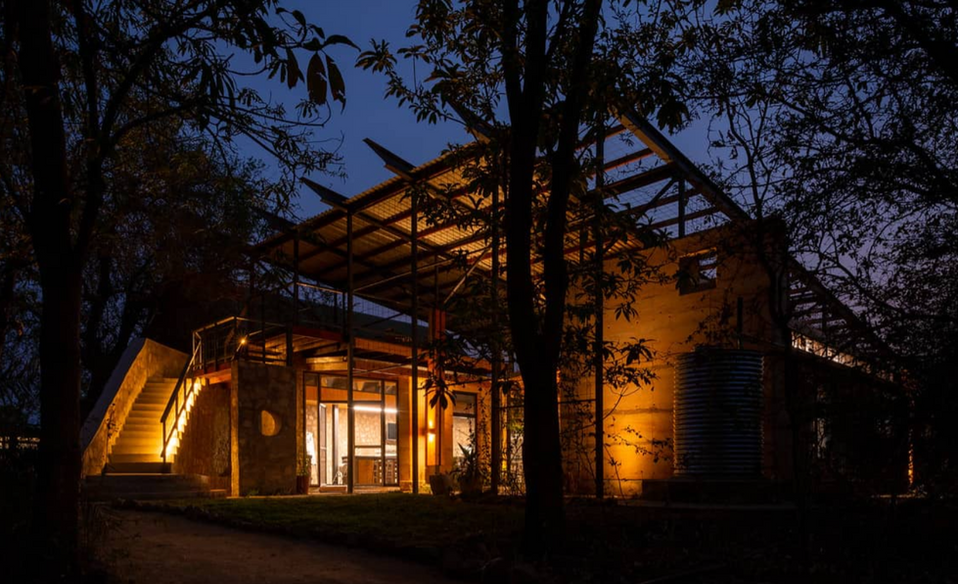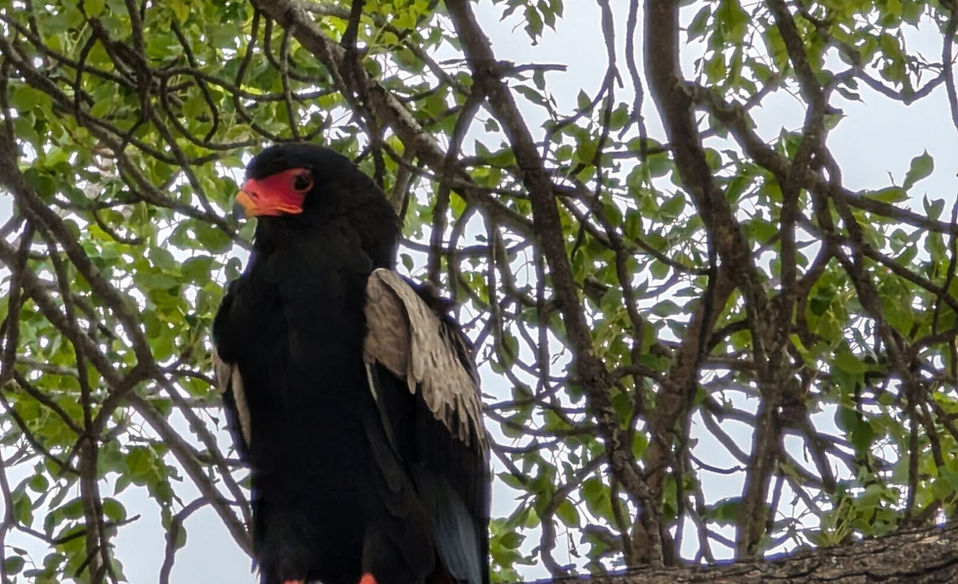



Details
Price: $TBD
Dates: December 1st - 8th, 2026
Country: South Africa
Expedition Language: English
Airport: Skukuza Airport (SZK)
Accommodation: Mostly tent camping, with 2 nights in modern accommodation.
Minimum Age: 18
Maximum participation: 6
Project Summary
Our research focuses on how megafauna herbivory and disturbance shape insect community structure, or documenting how large mammals influence dung beetle and pollinator populations.
Our focus will be on Scarabaeidae (dung beetles) and key pollinator groups. Using a variety of sampling methods, including dung-baited pitfall traps, pan traps, and active netting, we’ll survey insect diversity across gradients of grazing and trampling.
We’ll also document plant–pollinator interactions, learn proper identification techniques, and collect / mount specimens for future study.
Because we're working on important research and conservation initiatives, our research permits extend to you, our participants and provide rare opportunity to step into the heart of Kruger National Park on foot, an experience typically reserved for scientists and park staff, unlike a typical safari or tour where visitors remain confined to their vehicles.
Where We Work
Home to the big 5 (lion, leopard, elephant, rhinoceros, buffalo), Kruger National Park is one of Africa’s largest wildlife reserves, spanning nearly 20,000 square kilometers in northeastern South Africa. This vast and ecologically diverse reserve extends from the Limpopo River in the north to the Crocodile River in the south, bordering Mozambique and Zimbabwe, creating a transfrontier conservation area with neighboring reserves. Kruger’s remarkable biodiversity is supported by a range of ecosystems, from open savannas and acacia woodlands to dense riverine forests and mopane scrublands.
Activities
All of our research begins at sunrise.
-
Various trapping methods: pitfall, sweep nets, CWD sifting, light traps, etc.
-
Identification Workshops
-
Specimen Mounting & Preservation
-
Game Drives / Wildlife Spotting
-
Nocturnal activities (light sheet, UV flashlight walks)
-
Natural History Collection Visit
-
Bioblitz
Gallery

Our Expedition Partners
The Skukuza Science Leadership Initiative (SSLI), based in Kruger National Park, is a partnership between the Nsasani Trust, South African National Parks, and the Organization for Tropical Studies that develops conservation-focused leadership through immersive education, research, and community engagement. Opened in 2017, the sustainably designed facility, built with local and recycled materials, passive climate control, and green infrastructure, hosts programs for high school students, university learners, professionals, and local communities. Offering internships, workshops, and research opportunities, SSLI integrates science, sustainability, and cultural exchange to inspire the next generation of environmental leaders while modeling low-impact living.
Meet Your Expedition Leaders
Important Disclaimers
We will be spending a majority of our time in wildlife rich areas. It will be very hot, we may be caught in the rain (which will feel nice), and we'll get dirty… and that’s half the fun, however, please consider the disclaimers below. And keep in mind, all activities are optional, so if you need a rest or don’t feel like participating one day, you’re more than welcome to relax on the property.
COMFORTABILITY: You will be sleeping in tents with mattresses and basic accommodations. It’s not a 5-star resort, but it does have some ammenities. Please bring whatever else you may need to ensure your comfort in this environment. On our last two days we'll stay in modern accommodations with A/C.
MEDICAL: Biting and painful stinging insects as well as venomous snakes and other predators are present. There has never been an incident or medical emergency with our expeditions, but please exercise caution and follow our safety instructions at all times. While we will have armed game guards with us, we cannot control the wildlife, terrain or weather. If you have any allergies to hymenoptera venom (bees, ants, wasps) please reconsider participation or bring your doctor prescribed epinephrine.
Our Expedition DOES NOT include:
-
Flights
-
Toiletries
Suggested packing list:
While we have a lot of experience packing for such field trips, it may be a bit confusing or intimidating if this is your first trip to Africa. We’ve compiled a list of items you may want to consider below.
-
Field clothes (Heat-remediating long trousers, long-sleeved shirts, T-shirts, hat/cap).
-
Camp clothes (shorts, several t-shirts, walking sandals or light shoes)
-
Swimwear
-
Additional towel
-
Light raincoat
-
Small backpack to carry water/lunch/camera in the field (~20 L)
-
Something to protect any electronic equipment you bring.
-
Refillable water bottle/hydration bag (recommended size: 32 ounces/ 1 litre)
-
Headlamp or flashlight
-
DEET-based mosquito repellent
-
Hand sanitizer
-
Sunscreen
-
Toiletries
-
Prescription medicine if any (allergies and other)
The following items are non-essential but may come handy:
-
Your favorite snacks (chocolate, cereal bars, trail mix, etc.)
-
Pajamas or night clothes
-
Electronics: camera, phone/tablet, e-reader and chargers
-
USB Power Bank for your phone/tablet/e-reader

































